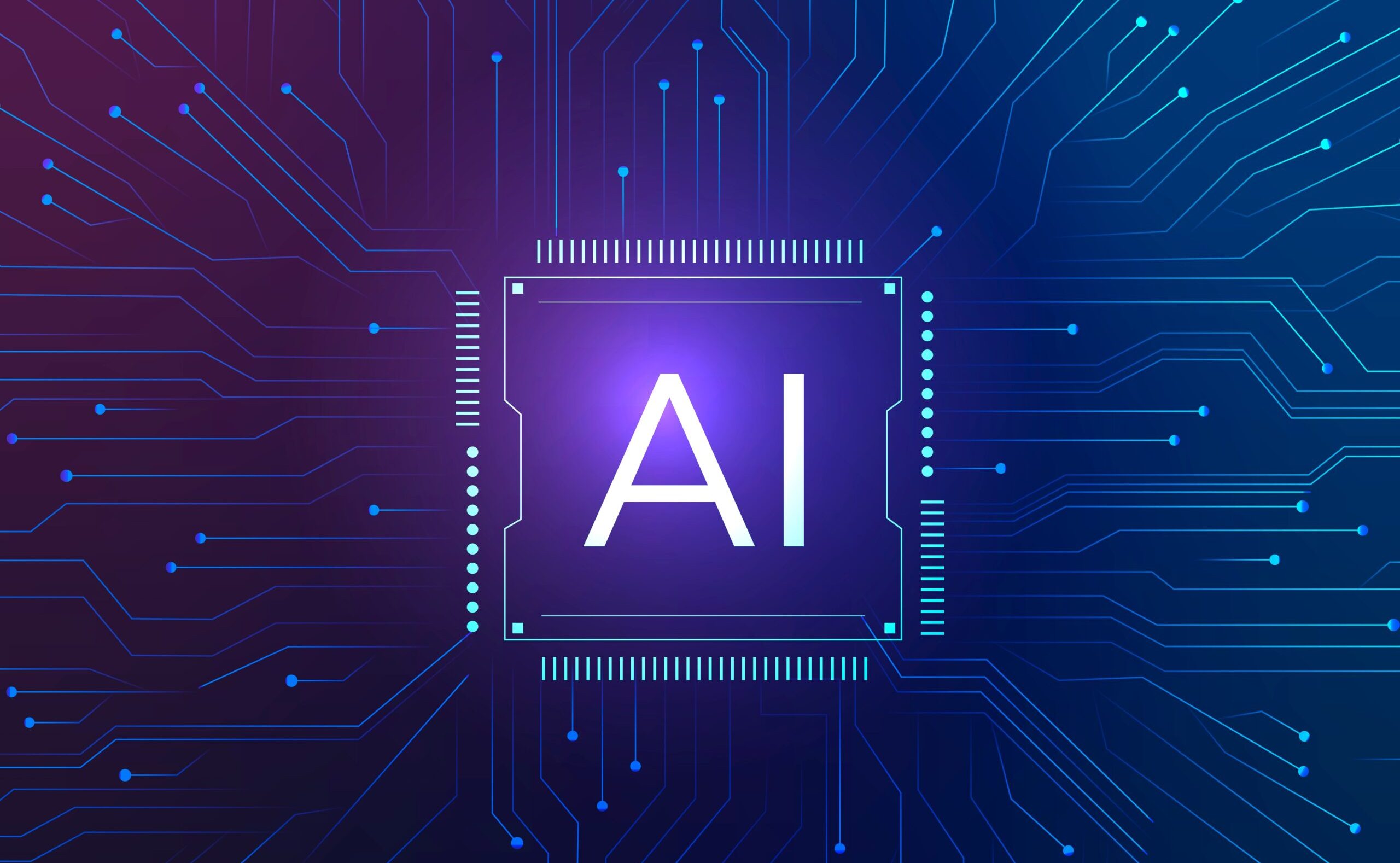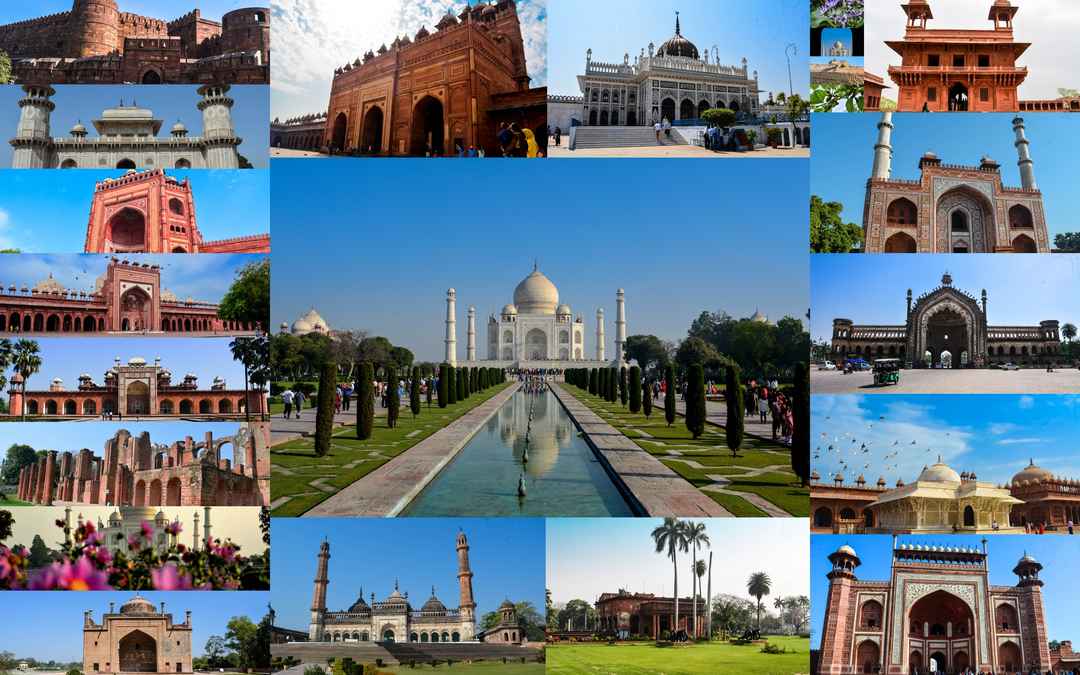AI as a Dangerous Game and Its Implications for India.
AI and Its Implications for India:
This essay, based on Desh Kapoor’s views from the YouTube video “AI the Dangerous Game: Why Modi and Doval Should Take Action URGENTLY” (Oct. 20, 2024) highlights that the fast progress of Artificial Intelligence in India brings both great opportunities and serious risks. While Artificial intelligence can boost the economy and drive new technological advances, it also threatens national security, job markets, and resource management. Therefore, it is important for India to take quick and careful action to use AI’s potential wisely while reducing its dangers.
Artificial Intelligence (AI) has become a major topic of discussion worldwide. People are excited about its potential to make life easier, but there are also growing concerns. Some experts believe Artificial intelligence could disrupt economies, cause people to lose jobs, and even pose a threat to national security. This essay critically explores why AI can be seen as a dangerous game and what this means for a country like India.

The Growing Role of AI
Artificial intelligence refers to machines that can perform tasks that usually require human intelligence. These tasks include recognising speech, making decisions, and even translating languages. AI systems are designed to learn and improve over time. They are now being used in businesses, healthcare, education, and even in defence systems.
One of the key advantages of AI is its ability to process large amounts of data quickly. For example, AI can read and analyse thousands of pages of medical reports in seconds to give doctors better recommendations for treating patients. In businesses, Artificial intelligence can help companies manage their operations more efficiently by predicting trends and optimising supply chains. However, with all these benefits come risks.
Artificial intelligence and National Security Concerns
One of the most important concerns about AI is related to national security. AI can be used to strengthen a country’s defence systems, but it can also be misused. For example, AI could be integrated into weapons, leading to dangerous consequences. Let us imagine a scenario where Artificial intelligence is controlling chemical or biological weapons. A simple mistake or malfunction could lead to devastating results.
Some experts worry that AI systems could be used to start wars, either by accident or by design. These systems can process data so quickly that they might be able to make decisions faster than humans can respond. If a country’s AI system decides to launch a missile due to a false signal, it could lead to a major conflict before anyone has the chance to stop it.
In addition, AI can be used for cyber warfare. Countries could use Artificial intelligence to hack into other nations’ systems, steal sensitive information, or disrupt vital services like electricity and water supplies. This could have serious consequences, especially for countries like India, which rely on technology for many of their daily operations.
AI also presents a new kind of threat to national security through the way it can manipulate information. The ability of AI to produce deepfakes—videos or audio recordings that are convincingly altered to spread false information—could be used to create political instability. If Artificial intelligence -generated fake news spreads widely, it could cause confusion among the public, undermining trust in government institutions and even sparking violence.
Economic Disruption and Job Loss
Another reason Artificial intelligence is considered dangerous is its potential to disrupt economies. Many jobs that people rely on today could disappear because of AI. For example, AI systems can be trained to write legal contracts, diagnose medical conditions, and even develop software. This means that jobs for lawyers, doctors, coders, and developers could become less important in the future.
The loss of jobs could have a ripple effect on the economy. If people are out of work, they will not have money to spend on goods and services. This could cause businesses to shut down, leading to even more job losses. In countries like India, where millions of people depend on jobs in sectors like IT, healthcare, and manufacturing, the economic impact could be huge.
AI could also widen the gap between the rich and the poor. As AI becomes more advanced, companies and individuals who control Artificial intelligence systems will gain more power and wealth. Those who do not have access to these technologies may be left behind, creating a divide in society. This divide will not only be economic but could also affect access to education, healthcare, and other essential services.
Some experts believe that new jobs will be created as AI becomes more advanced. However, these new jobs will require different skills. People will need to be trained in AI technology, data analysis, and other related fields. India will have to invest heavily in education and training programmes to make sure its workforce is prepared for this shift.
AI’s Demand for Resources
As AI continues to grow, it will require more resources, especially energy and water. AI data centres, where information is processed and stored, use a lot of electricity and water to keep their systems running. In fact, some data centres use as much energy as entire cities. This is a big concern for India, which already struggles with energy shortages in some areas.
One possible solution is to expand the use of nuclear energy. Nuclear power plants can generate large amounts of electricity without releasing harmful gases into the environment. However, building more nuclear power plants is expensive and can take years to complete. In the meantime, India will need to find other ways to meet the growing demand for energy.
Water is another major concern. Data centres need a lot of water to keep their systems cool. India is already facing a water crisis, with many parts of the country experiencing droughts. If AI continues to grow at its current pace, it will put even more pressure on the country’s water resources.
AI and Global Power Struggles
Another risk of AI is that it could lead to a new form of global power struggle. Just as countries fought over land and resources in the past, they may soon be competing for control over AI technology. In the future, only a few countries or companies might control the most powerful AI systems. These entities could have the power to control not only economies but also governments and societies.
This is similar to what happened with Google in the search engine market. Today, Google dominates the market, and people around the world rely on it for information. Let us imagine if a small number of AI systems gained similar control: whoever owns these systems would have immense power over data, resources, and even decision-making processes.
For India, this is a serious concern. If other countries develop AI systems faster, India could be left behind. This would make it difficult for India to compete on the global stage. It is important for India to invest in AI research and development so that it can stay competitive in the AI race.
What India Must Do
Given the risks and challenges associated with AI, India must take action now to protect its interests. Here are a few things India should focus on:
- Develop AI Capabilities: India needs to invest in AI research and development. This includes training people in AI technology, partnering with global tech companies, and building institutions that can lead AI innovation. India should not remain a low-level service provider for other countries. Instead, it should aim to become a leader in AI technology.
- Build AI Infrastructure: India must build its own AI infrastructure, including data centres and semiconductor manufacturing plants. This will help the country become self-reliant in AI technology and reduce its dependence on other nations for critical components.
- Invest in Energy and Water Resources: To support the growth of AI, India needs to invest in energy and water resources. Expanding nuclear energy is one option, but India should also explore renewable energy sources like solar and wind. At the same time, the country needs to develop strategies to conserve water and use it more efficiently.
- Strengthen National Security: India must develop both offensive and defensive AI capabilities to protect itself from threats like cyber warfare and autonomous weapons. This will require collaboration between the government, military, and private sector to create AI systems that can defend the nation in times of conflict.
- Create AI Deterrents: Just as nuclear weapons act as deterrents, powerful AI models can serve the same purpose. India should work to create AI systems that can deter external threats and ensure the country’s security.
- Act Swiftly: The window for India to establish itself as a global leader in AI is closing quickly. The country must act with urgency to build the necessary infrastructure, secure resources, and develop world-class AI capabilities.
Conclusion
Subscribe to our Youtube Channel for more Valuable Content – TheStudyias
Download the App to Subscribe to our Courses – Thestudyias
The Source’s Authority and Ownership of the Article is Claimed By THE STUDY IAS BY MANIKANT SINGH






[…] or help businesses predict what their customers want. As AI becomes more important, countries like India want to be leaders in using and creating these technologies, and Nvidia is helping make that […]